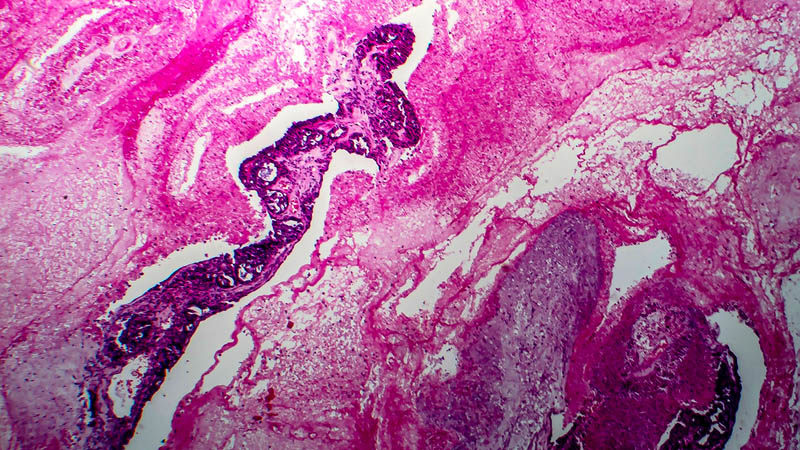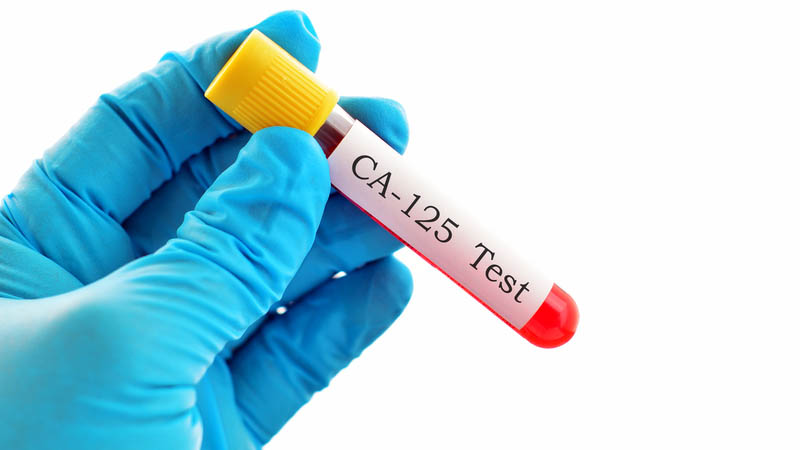Self-efficacy and strategies of adaptation to disease in patients with cancer of reproductive organs
Dorota Rogala1, Aleksandra Mazur1,2, Mariola Maślińska1,2, Krzysztof Koper1, Joanna Wysocka3
 Affiliacja i adres do korespondencji
Affiliacja i adres do korespondencjiAim: According to Bandura’s social cognitive theory, high self-efficacy has a positive impact on one’s motivation and achievements. There are two different attitudes which patients diagnosed with cancer adopt. The active attitude consists in putting up a fight for one’s health and life and in general mobilization, whereas the passive one manifests itself in fear and general surrender. The aim of the study was to analyze the relationship between mental adaptation to cancer and self-efficacy in women after hysterectomy performed for oncological reasons. Material and methods: The research involved 37 patients with reproductive organ cancer, after hysterectomy. The authors used their own survey, the General Self-Efficacy Scale (GSES) and the Mini-Mental Adjustment to Cancer scale – Mini-MAC. The authors analyzed the relationship between the coping strategies adopted by patients and the level of self-efficacy based on sociodemographic variables. In statistical computations, planned comparison (contrast analysis), Kruskal–Wallis analysis of variance (ANOVA), Pearson’s r correlation coefficient and Kendall’s tau coefficient were used. The significance level was assumed at p ≤ 0.05. Results: 1) Women after hysterectomy adopt constructive strategies of coping with the disease. These strategies are: “fighting spirit” and “positive reinterpretation.” 2) Women in a relationship adopt a destructive strategy called “helplessness/hopelessness” more often than single women, whilst women with a better economic status tend to adopt the constructive strategy known as “positive reinterpretation.” 3) Patients with higher self-efficacy more frequently adopt the “fighting spirit” and “positive reinterpretation” strategies. 4) The level of self-efficacy is higher in women in a relationship than in single women. Conclusions: 1) The level of self-efficacy in patients after hysterectomy is higher than its average level in the Polish population and the highest among the clinical populations studied so far. 2) Higher level of self-efficacy increases the tendency to adopt constructive strategies.









